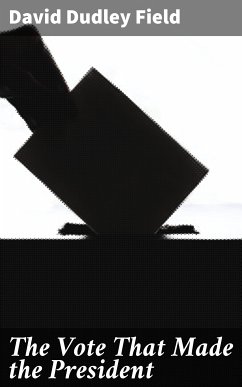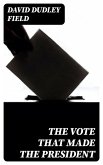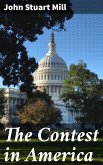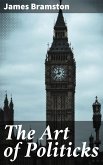In "The Vote That Made the President," David Dudley Field explores the intricate mechanisms of the electoral process that culminated in the election of a pivotal American president. Field'Äôs narrative is marked by an analytical yet accessible literary style, weaving together a rich tapestry of historical context, legal frameworks, and personal anecdotes that illuminate the socio-political climate of his time. The book delves into the challenges faced by voters and the complexities of the electoral system, thereby emphasizing the significance of civic engagement in shaping democratic outcomes. David Dudley Field, a prominent lawyer and legal reformer of the 19th century, was heavily influenced by the tumultuous political landscape of his era. His firsthand experiences in the legal arena equipped him with a keen understanding of the procedural nuances underlying elections. Field'Äôs advocacy for democratic reform and his commitment to transparency in governance inform the insights presented in this seminal work, highlighting the importance of integrity within the electoral process. Readers who seek a deeper understanding of American democracy and its electoral challenges will find "The Vote That Made the President" an essential and enlightening read. Field'Äôs meticulous research and engaging prose provide a compelling exploration of the vote as the cornerstone of political power, making it a valuable addition to any discourse on governance and civic responsibility.
Dieser Download kann aus rechtlichen Gründen nur mit Rechnungsadresse in A, B, BG, CY, CZ, D, DK, EW, E, FIN, F, GR, H, IRL, I, LT, L, LR, M, NL, PL, P, R, S, SLO, SK ausgeliefert werden.









